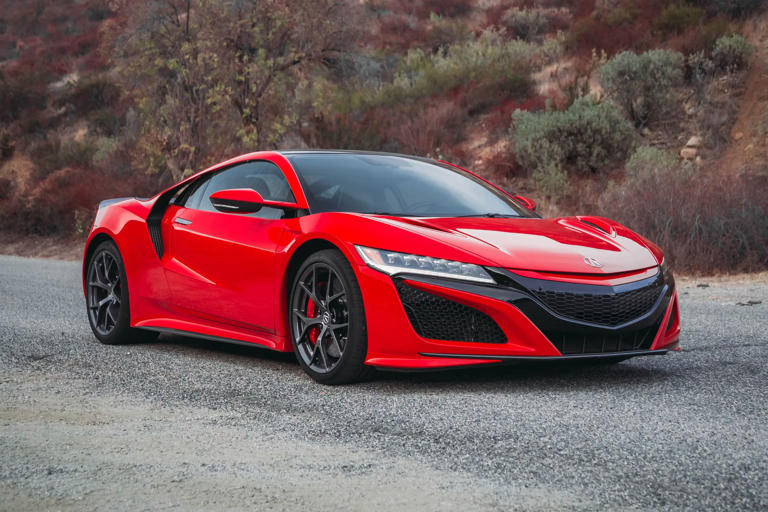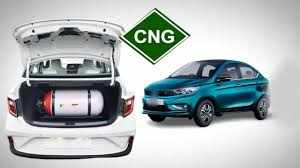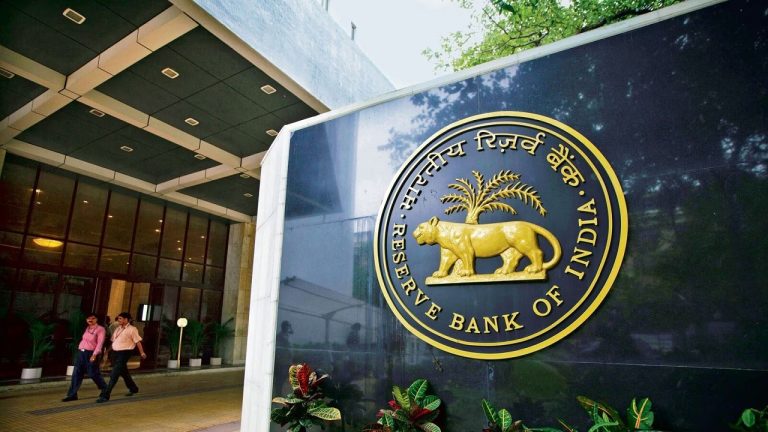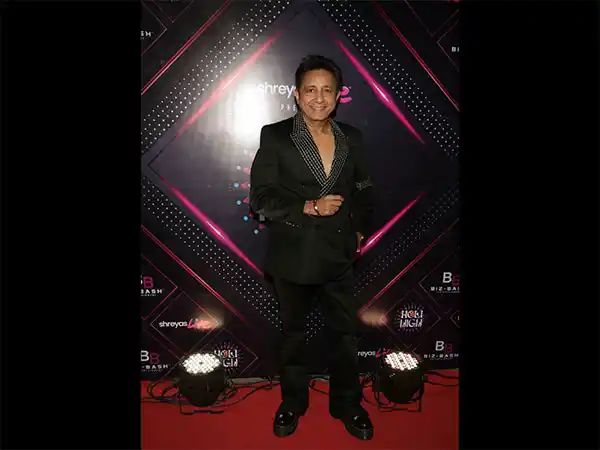Honda Plans for the Future: F1-Tech Hypercar a Possibility
Honda, the Japanese automaker known for its reliable and fuel-efficient vehicles, might be taking a sharp turn into the world of hypercars. Fueled by a desire to celebrate their Formula 1 (F1) heritage and potentially capitalize on the growing “halo car” market, Honda has expressed interest in developing a hypercar equipped with cutting-edge technology derived from the pinnacle of motorsport.
This exciting prospect comes courtesy of comments made by Koji Watanabe, president of Honda Racing Corporation, during a conversation with The Drive at the 2024 Indianapolis 500. When asked about the possibility of a Honda hypercar rivaling the recently unveiled Red Bull RB17, Watanabe responded enthusiastically, albeit cautiously: “Yes, yes, but no plans yet. But in the future, we want to make such a kind of vehicle combined with F1 technology.”
This isn’t entirely new territory for Honda. Their involvement in F1, which has seen them partner with powerhouse teams like McLaren and Red Bull Racing, has undoubtedly yielded a treasure trove of knowledge in high-performance engine development, lightweight materials, and advanced aerodynamics. Translating this F1 expertise into a street-legal hypercar would be a significant undertaking, but the potential rewards are undeniable.
The “halo car” concept revolves around the idea that a manufacturer’s pinnacle performance machine, often a hypercar, can elevate the image and desirability of their entire brand. Take, for instance, the Bugatti Chiron – its astronomical price tag and mind-bending performance not only place it in a league of its own, but also elevate the perception of Bugatti’s entire lineup, from luxury sedans to SUVs.
Honda, while a household name, doesn’t necessarily conjure up images of neck-breaking speed and aerodynamic wizardry. A hypercar boasting Honda F1 DNA could redefine their brand image, attracting a new generation of performance enthusiasts while simultaneously showcasing their technological prowess.
Challenges for Honda’s Hypercar Dreams
However, there are significant hurdles to overcome. The hypercar market is a niche one, with established players like Ferrari, McLaren, and Lamborghini dominating the space. Breaking in would require a truly extraordinary vehicle, one that not only matches the competition in terms of performance but also offers a unique value proposition.
Furthermore, the future of Honda’s hypercar ambitions might hinge on the direction of the industry itself. The electric revolution is rapidly transforming the automotive landscape, and hypercars are no exception. While some manufacturers, like Rimac with its Nevera, are embracing pure electric powertrains, others are exploring hybrid solutions. The question for Honda is whether their F1-inspired hypercar would be a gasoline-powered monster or a technological marvel bridging the gap between electric and internal combustion engines.
There’s also the matter of practicality. While the allure of a Honda hypercar is undeniable, the sheer cost of development and production, coupled with the limited sales potential, raises questions about the project’s financial viability. Honda might need to consider strategic partnerships, perhaps with a company like Aston Martin – a brand already boasting an F1-inspired hypercar, the Valkyrie, and a long-standing relationship with Honda through their F1 powertrain deal.
One thing’s for certain: Honda’s interest in an F1-tech hypercar has ignited a spark of excitement among car enthusiasts. Whether this translates into a tangible product on the showroom floor remains to be seen. But one thing is clear – Honda is looking to push the boundaries and redefine its place in the automotive world. The next few years will be crucial in determining if this hypercar dream becomes a reality, and if it does, what kind of revolutionary machine Honda unleashes onto the racetrack and, potentially, the open road.






